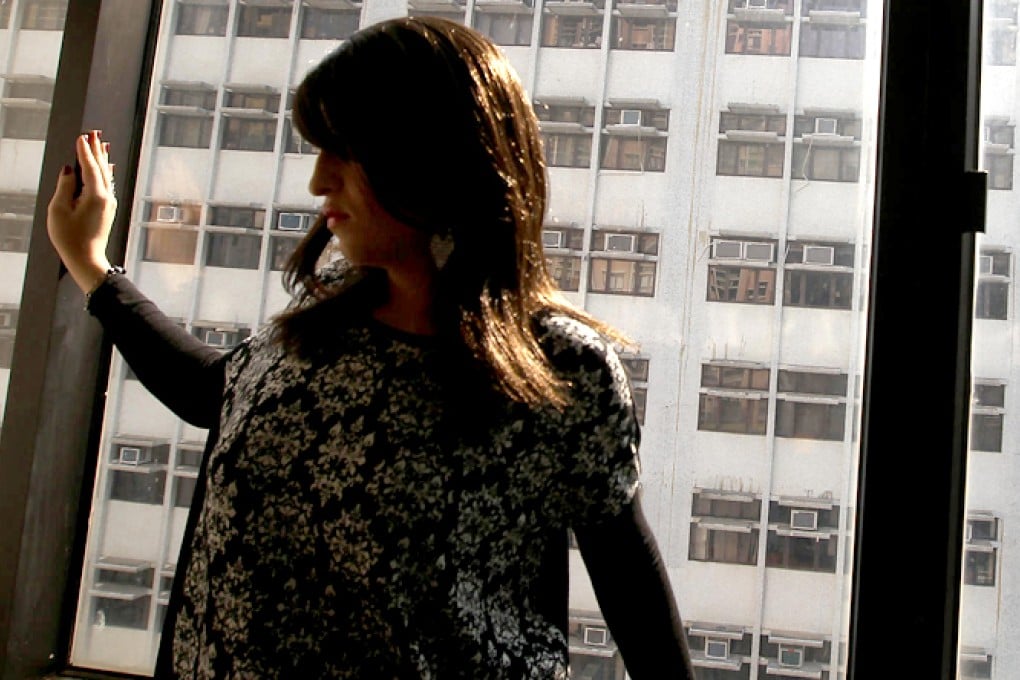Advertisement
Transgender refugee goes through 'hell' in Hong Kong to be recognised as a woman
Transgender Colombian finds herself stateless after problems getting into Hong Kong following hormonal treatment that altered her looks
Reading Time:3 minutes
Why you can trust SCMP

For transgender Colombian national Eliana Rubashkyn, Hong Kong is "a jail - it's a hell".
Just six months ago, Rubashkyn was studying at the Taipei Medical University; now she is a stateless refugee.
Her ordeal began last September, when the MBA student visited Hong Kong on what was supposed to be a quick trip to update her passport photograph.
Advertisement
A year of hormonal treatment had transformed the male look she was born with to match her female identity, and Hong Kong's Colombian consulate was her closest option.
Watch: Transgender Colombian stranded in Hong Kong
Advertisement
Advertisement
Select Voice
Choose your listening speed
Get through articles 2x faster
1.25x
250 WPM
Slow
Average
Fast
1.25x